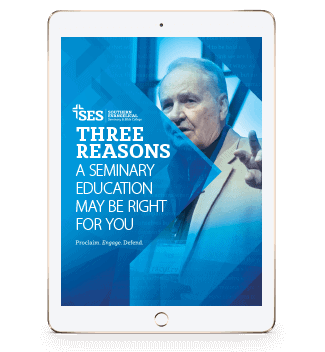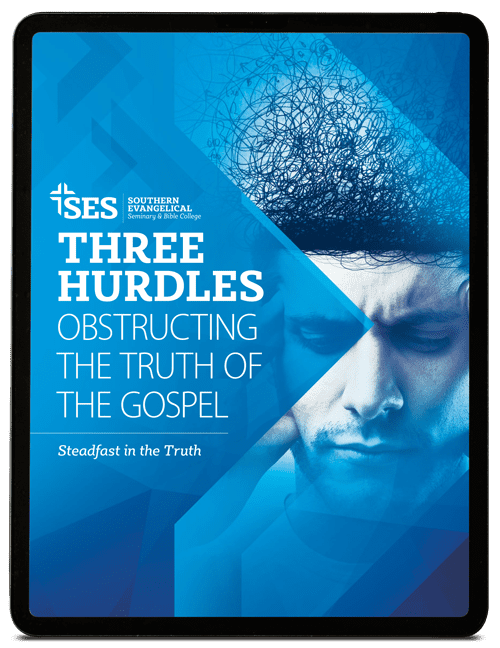Ratio Christi envisions Thoughtful Christianity where we are both rational and compassionate, reflective and considerate. But we are called to begin with the lens of Scripture and theology, not with culture and sociology.
Tragically, many within Christianity are doing the opposite.
Christianity is under assault in our culture by an insidious ideology, further corrupting our universities in their original goal, the pursuit of truth in favor of social justice. But it has quickly moved downstream into our culture, including Christian subculture via campus ministries, seminaries, and churches.
Christianity has long been considered a tour de force positively shaping western civilization.
But in recent times, it has been challenged for being a negative force denoted for its hegemonic power of colonialist oppression throughout the world and undermining the perception that Christianity’s contribution has been ultimately, good. Where does this come from? You may or may not have heard the following terms: social justice, critical theory, cultural Marxism, or identity politics. You can see the common ideology even without a full comprehension of the terms.
Sometimes, when people say “social justice” they mean helping the poor, oppressed, downtrodden, fighting sex trafficking, all good things. But others, perhaps the majority within the culture, mean things like reproductive justice (abortion), economic justice (socialism), environmental justice (climate change laws), sexual and gender justice (homosexuality, transgender, polyamory), racial justice (equity, reparations, payback), and even research justice (not using majoritarian or dominant group texts). Much of this is injustice.
Most universities are no longer interested in viewpoint diversity.
Rather, they’re interested in diversity of skin color and body parts and, group identities. Indeed, cancel culture itself is rooted in this insidious philosophy. We used to agree with a statement from Voltaire, “I may disagree with what you say, but will defend to the death your right to say it.” No longer. We now seem to go with Stalin,
“ideas are more powerful than guns, we don’t let our enemies have guns, so why let them have ideas?”
That which once had Marxist and atheist roots, has somehow infiltrated not just educational institutions, but even religion, Christianity. Of course, the goal of cultural Marxism all along, we were told, entails “the long march through the institutions.”
This ideology looks at human relations from the standpoint of social binaries: haves and have nots, bourgeoisie and proletariat, oppressors and oppressed, victimizers and victims. Society is separated into dominant oppressor groups and subordinate oppressed groups along the axes of race, class, sex, gender, ability, age, nationality, and even religion. Your primary identity is a group identity, either as an oppressor or oppressed. Life is about privilege and power dynamics in identity politics. A white male is an oppressor to a black male simply due to color.
But according to the aspect of intersectionality, you may be at the intersection of multiple identities like being a black male juxtaposed to a black female, having oppressor status as male, but oppressed status as black. The more you share identification within oppressed groups the more enlightened to the problem you become, you carry authoritative knowledge relative to oppression. This is because knowledge is socially constructed based upon your social location. If you can’t see the problem, it is because you’re blinded by your privileged standpoint. (suffer from internalized oppression or lack liberational consciousness)
One cannot simply view issues of race, class, sex, and gender in isolation since they are interlocking systems of oppression. As one critical theorist puts it,
“Antiracist policies cannot eliminate class racism without anticapitalism policies….To truly be antiracist is to be feminist. To truly be feminist is to be antiracist… we cannot be antiracist if we are homophobic or transphobic… To be queer antiracist is to understand the privileges of my cisgender, of my masculinity, of my heterosexuality, of their intersections.” It’s all intersected. In sum, if the problem in society is oppression, then the goal is liberation. According to the theory, any group inequality entails group injustice. Hence, the goal is “social justice.”
Notice nothing is said here about true justice, getting what you deserve. Nothing about forgiveness. Nothing about other virtues. While Christianity concurs that oppression is bad, the biggest problem with Christianity and Critical Theory is that both function as a metanarratives framing all of reality. “Co-exist,” says the bumper sticker. Nope! Won’t work. Secular social justice advocates ultimately see the Bible as the ultimate hegemonic power metanarrative responsible for oppressions. Some Christians aid and abet.
But the Bible, while condemning real oppression on the grounds of the sacredness of all human lives, sees man as made in God’s image worthy of dignity and respect.
It sees the ultimate problem as human sin and its corresponding solution as salvation through the work of Christ. It is not accomplished through works, a laborious dismantling of all inequalities as injustices by moving ourselves from the slavery of oppression to the promised land of equity, a veritable utopia.
The one who fails to see this is either blinded by sin or else if seeking to baptize social justice is looking at life primarily from the lens of culture and sociology rather than from Scripture and theology, creating inadvertent mission drift. In the Gospel, there is forgiveness available to everyone in all social locations. We don’t need the tools of Critical Theory to know the good for society. Scripture gives us an objective standard of right from wrong, all that we need for godliness, with goodness grounded in God. For Ratio Christi, Thoughtful Christianity is Transforming lives on campus today, changing culture tomorrow.
See this content in video form here.
Did you know?
Ratio Christi chapter directors, or those training to be chapter directors, receive a 25% discount on all for-credit courses at Southern Evangelical Seminary! For more information download our FREE ebook below.

Download Your FREE eBook!
- Reading Books and Listening to Talks is Not Enough
- Not All Apologetics Methods Are Created Equally
- A Degree is More Than a Piece of Paper






